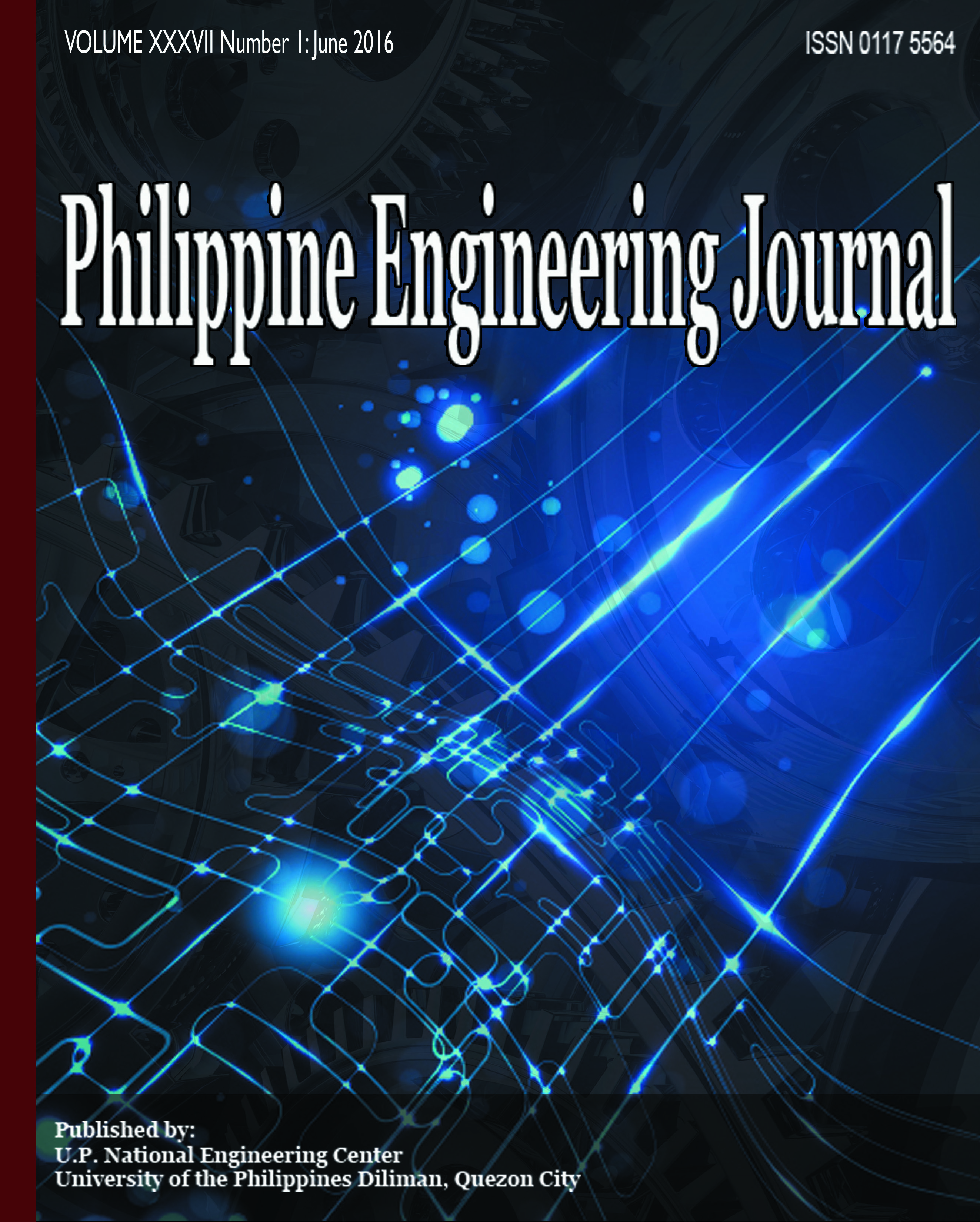Improving the Minahang Bayan Declaration Process: A First Step Towards Achieving Sustainability in Philippine Small-Scale Gold Mining Industry
Abstract
Abstract—Small-scale gold mining contributes significantly to the total value of gold mined in the country surpassing even that of large-scale mining in recent years. With the attendant adverse environmental and social problems that this predominantly illegal operation also generates, the quest for sustainable small-scale mining has long been a concern for the government and other industry stakeholders. The introduction of Minahang Bayan or sites onshore, which is a regulatory mechanism that determines where small-scale mining operations are allowed, is viewed as a means to address this sustainability concern. It is the first step towards legalizing small-scale mining operations as mandated in Republic Act No. 7076, otherwise known as the “People’s Small-Scale Mining Act of 1991”. As of December 2015 however, only three (3) Minahang Bayan have been declared since the law took effect in 1991.
This study shows that the Minahang Bayan policy and implementation is fraught with several fundamental problems: 1) there are no commitments on processing times for several major steps; 2) policy is silent on actions to be taken in case of process delays; 3) the application process is open to a lot of delays; 4) petitioners and process owners are not very knowledgeable of the process; 5) lack of access to monitoring application status; and 6) quality checks in upstream process steps (i.e., at the city/provincial and regional local government units) are lacking as manifested by deficient applications forwarded to the national office.
It is recommended that the government takes a proactive approach in assisting the miners in their Minahang Bayan petitions through 1) identification of processing and response times for major steps in accordance with the Citizen’s Charter of concerned government offices; 2) identification of next steps if processing and response commitments are not met; 3) widespread and effective education and information campaign utilizing video presentations, petition template containing the appropriate documents (correct both in form and content) as example; 4) designation of a government personnel to actively coordinate with the miners; 5) provision of an online monitoring facility to enable petitioners to track status of applications; 6) provision of instructional materials aimed at government offices performing different steps in the process to minimize or totally eliminate occurrences of deficiencies; and 7) identification of potential Minahang Bayan areas to be initiated by the Mines and Geosciences Bureau, with the assistance of local government units, academe and other partners, to lessen external factors affecting the process (e.g. politics).
Indeed, improving the Minahang Bayan declaration process is the crucial first step to realizing and achieving a responsible and sustainable small-scale gold mining. It is the first step that the government really has to take.
Keywords—Minahang Bayan, Sustainability, Proactive Approach


